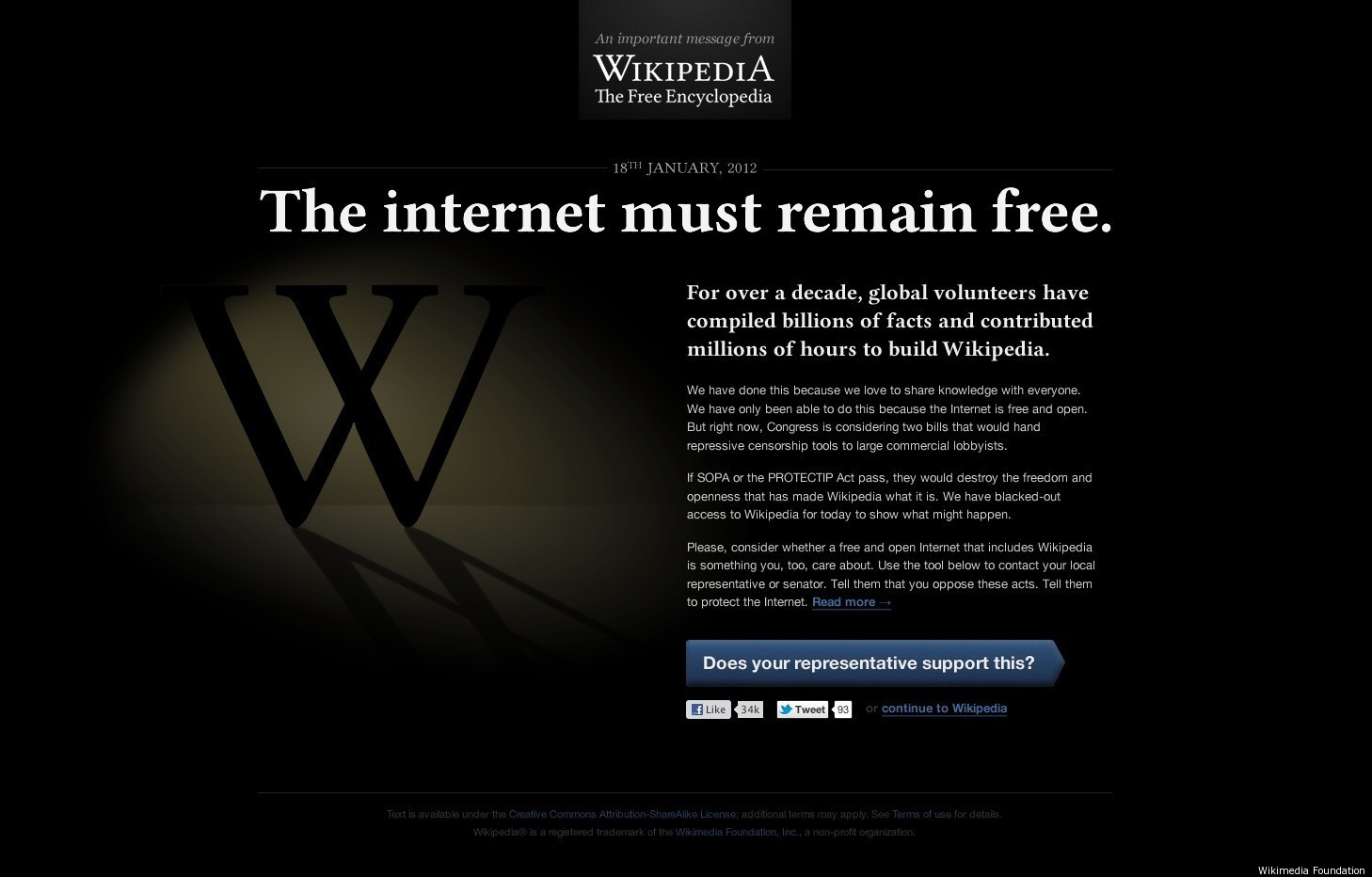Bernie Sander's campaign is going very well, rising in the polls massive online presence, he may not be winning in the main stream press but his online presence towers over Hillary's. Need to flesh this out a bit, facts & figures on social media engagement, Hillary trust issues etc.

Noam Chomsky has a more pessimistic outlook on Bernie's campaign. For a start e doesn't believe Sanders will get nominated, and even if we were nominated he doesn't believe he would be able to implement the policy change that appeals to his base due to a lack of clout within the American political & financial establishment.
Instead Chomsky would prefer it if Bernie prepared his support base for a long term populist uprising, independent of election cycles. This is taken from an interview with the Institute for Public Accuracy titled: Noam Chomsky: Electing the President of An Empire

Noam Chomsky has a more pessimistic outlook on Bernie's campaign. For a start e doesn't believe Sanders will get nominated, and even if we were nominated he doesn't believe he would be able to implement the policy change that appeals to his base due to a lack of clout within the American political & financial establishment.
Instead Chomsky would prefer it if Bernie prepared his support base for a long term populist uprising, independent of election cycles. This is taken from an interview with the Institute for Public Accuracy titled: Noam Chomsky: Electing the President of An Empire
Noam Chomsky:Take, say, the Bernie Sanders campaign, which I think is important, impressive. He’s doing good and courageous things. He’s organizing a lot of people. That campaign ought to be directed to sustaining a popular movement that will use the election as a kind of an incentive and then go on, and unfortunately it’s not. When the election's over, the movement is going to die. And that’s a serious error.
The only thing that’s going to ever bring about any meaningful change is ongoing, dedicated, popular movements that don’t pay attention to the election cycle. It’s an extravaganza every four years. You have to be involved in it, so fine. We’ll be involved in it, but then we go on. If that were done, you could get major changes.
Noam believes that using the parliamentary system to make popular policy change is impossible in the United States, rather the political establishment now serves the interested of the Plutocracy exclusively:
There’s very good polling evidence on what people think about things. So for example for about 40 years, a considerable majority of the public has thought that taxes should go up on the rich. Taxes go down on the rich. A substantial part of the public, often a big majority, thinks that we ought to have a national healthcare program. Nothing. Impossible. In fact when the press discusses this they call it “politically impossible.” Meaning the pharmaceutical companies won’t accept it, the insurance companies won’t accept it, and so on. So it basically doesn’t matter what the public thinks.
About 70% of the public, the lowest 70% on the income scale, are pretty much disenfranchised. Their attitudes have no detectable influence on the policies of their own representatives. As you move up the scale you get a bit more influence. When you get to the top, policy is made.
Now the top can mean a fraction of 1%, so it’s kind of a plutocracy with democratic forms. And the elections, I mean by now it’s almost become a joke but it’s always been true that campaign financing plays a very substantial role in not only who’s elected but what the policies are. That goes back 100 years. Mark Hanna, the great campaign manager 100 years ago, was asked once, “What are the important things that you have to have to run a campaign?" He said: “There are three things. First one’s money. The second one is money. And I forget what the third one is.”
I'm necessarily not sold on this argument. There is ample evidence that popular movements can influence policy, provided the public have a powerful advocate. In more recent times these powerful advocates seem to be concentrated in high tech companies which rely on online social networks such as Wikipedia, Google and Facebook.
For instance, when media companies tried to push through SOPA (Stop Online Piracy Act) which was arguably detrimental to the common man, it was met with a very effective campaign by Wikipedia, Google, Facebook and others which managed to derail the bill by crowd sourcing an online petition and email campaign to elected representatives:


The campaign led to one million emails being sent to elected representatives protesting the bill along with a petition containing the names of 10 million voters. This lead to the scrapping of the bill.
Now arguably this could just be large technology platform content providers protecting their own interests as opposed to a true grassroots movement. In my opinion, the true nature of this phenomena will become apparent when TPP legislation is attempted to be enforced.
Case in point - The "Internet blackout" to stop SOPA legislation
For instance, when media companies tried to push through SOPA (Stop Online Piracy Act) which was arguably detrimental to the common man, it was met with a very effective campaign by Wikipedia, Google, Facebook and others which managed to derail the bill by crowd sourcing an online petition and email campaign to elected representatives:


The campaign led to one million emails being sent to elected representatives protesting the bill along with a petition containing the names of 10 million voters. This lead to the scrapping of the bill.
Now arguably this could just be large technology platform content providers protecting their own interests as opposed to a true grassroots movement. In my opinion, the true nature of this phenomena will become apparent when TPP legislation is attempted to be enforced.
